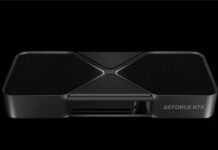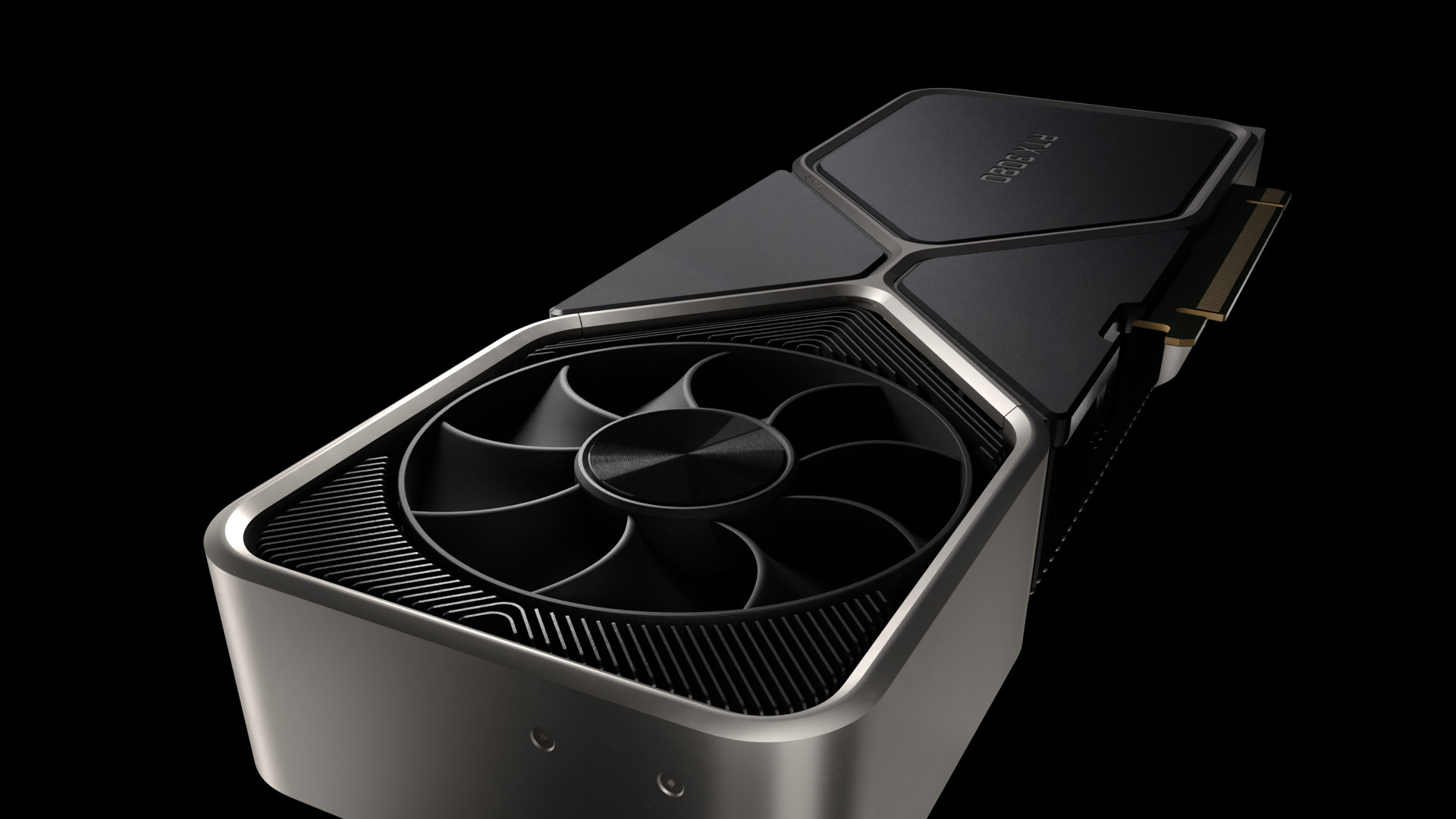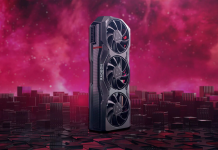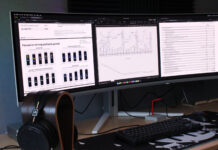SandForce made us want more when it presented the next generation SSD-kontroller SF-2000. We now hear that the world’s largest memory maker Kingston is planning to follow after it missed out on the first generation of SandForce.
The reason Kingston hasn’t launched any SSDs with SandForce SF-1200 controllers is the limited NAND flash memory support. Kingston is a close partner to Toshiba and its MLC NAND flash circuits are not supported by current SandForce processors, which made Kingston wait.
SandForce SF-2000 will support memory circuits from Toshiba, which opens up for Kingston. We are anything but surprised that it has chosen this solutions considering what SandForce has promised. SSDs with the SF-2000 controller will be capable of 500 MB/s and the first units will appear in Q1 2011.
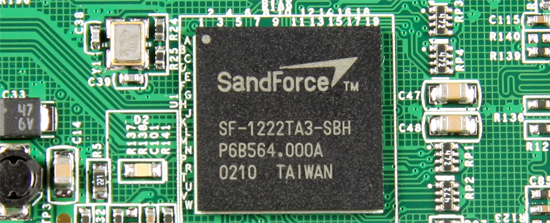
| SF-2500/2600 | SF-1500 | |
| Interface | 6Gb/s SATA III | 3Gb/s SATA II |
| Sequential speeds: | Up to 500/500 MB/s | Up to 260/260 MB/s |
| Random read/write speed: | Up to 60K/60K IOPS | Up to 30K/30K IOPS |
| Flash memory support: | SLC/MLC/eMLC 30nm, 20nm | SLC/MLC/eMLC 50nm, 40nm, 30nm |
| Flash interface: | Asynkront, Toggle, ONFi2 (upp till 166MT) | Asynkront, ONFi1 (upp till 50MT) |
| ECC: | Up to 55 bits/512B | Up to 24 bits/512B |
| Non-512B Sector: | Yes (520, 524, 528, 4K+DIF) | No |
| Security: | AES-256/128 TCG Enterprise Double encryption | AES-128 |
| Capacity: | Up to 512GB* | |
| Circuit information: | 400-Pin TFBGA (14×14@0.65mm pitch) | 361-Pin TFBGA (13×13@0.65mm pitch) |
| Other: | Enterprise SMART Attributes Power Failure Supercap Power/Performance Throttling | Enterprise SMART Attributes Power Failure Supercap |
Exactly when Kingston will release its own version is uncertain, but according to our sources it is in the same development stage as other companies, where Corsair and OCZ are planning their own versions with SandForce second generation SSD controller.
Kingston also to use new SATA 6,0 Gbps controller from Toshiba
Kingston still prefers to work with circuit maker Toshiba and it is said to be working on SSDs based on a new controller. We have no detailed specifications to share, but most likely we will have SATA 6.0 Gbps support and speeds turned up high. Also these are expected to reach the market in early 2011.


